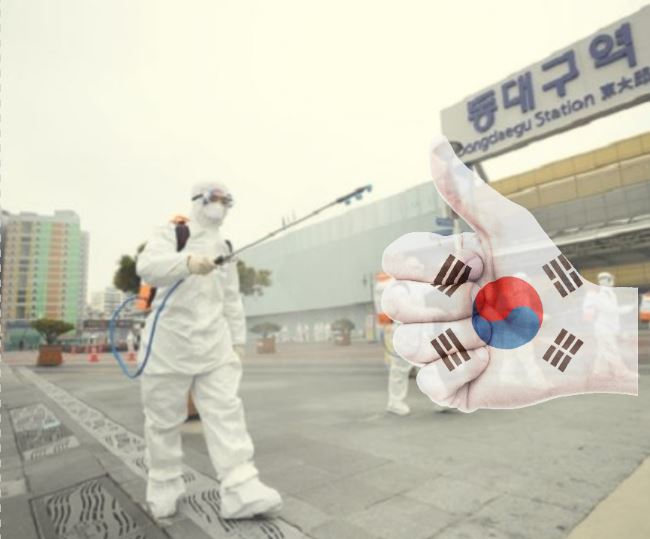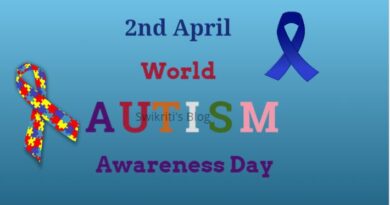South Korea recorded zero case of virus since February without full lockdown
The MERS(Middle East respiratory syndrome ) experience in 2015 definitely helped South Korea to strengthen treatment and prevention of infections.
South Korea, which fought an early battle against COVID-19 following China’s illness,For the first time since an outbreak almost 10 weeks ago, South Korea had no new domestic incidents.
It is a significant achievement for a country once one of the world’s largest virus hotspots, but it comes after extensive research and surprisingly without a full lockdown.On Thursday, only four new coronavirus infections were confirmed by the Korean Centers for Disease Control and Prevention, all cases coming from outside the country.
South Korea has become a sign of hope and a model for the fight against COVID-19. The country of 50 million seems to have slowed its epidemic considerably; today it recorded 74 new cases, down from its peak of 909 on 29 February. And it did so without locking up whole towns or taking any other coercive action that helped China contain its epidemic. “South Korea is a democratic republic, we believe that a lockout is not a reasonable idea,” says Kim Woo-Joo, a Korea University infectious disease specialist.
South Korea learned the hard way of planning when a South Korean businessman came down with Middle East Respiratory Syndrome (MERS) in 2015, after returning from visiting three Middle East countries. He was treated at three South Korean health facilities until MERS was diagnosed and isolated. By then, he set off a contamination chain that infected 186 and killed 36, including several patients treated for other ailments, tourists, and medical personnel. Trace, check, and quarantine nearly 17,000 people quashed the outbreak after 2 months. A raging epidemic’s specter frightened the country, denting the economy.
South Korea achievement has become the world’s most comprehensive and well-organized research program, coupled with intensive efforts to isolate and track and quarantine contaminated people. More than 270,000 people have been screened in South Korea, which amounts to over 5200 tests per million population.
When anyone checked positively, officials will give people in the area an warning. People quickly became used to receiving such communications from the authorities.




